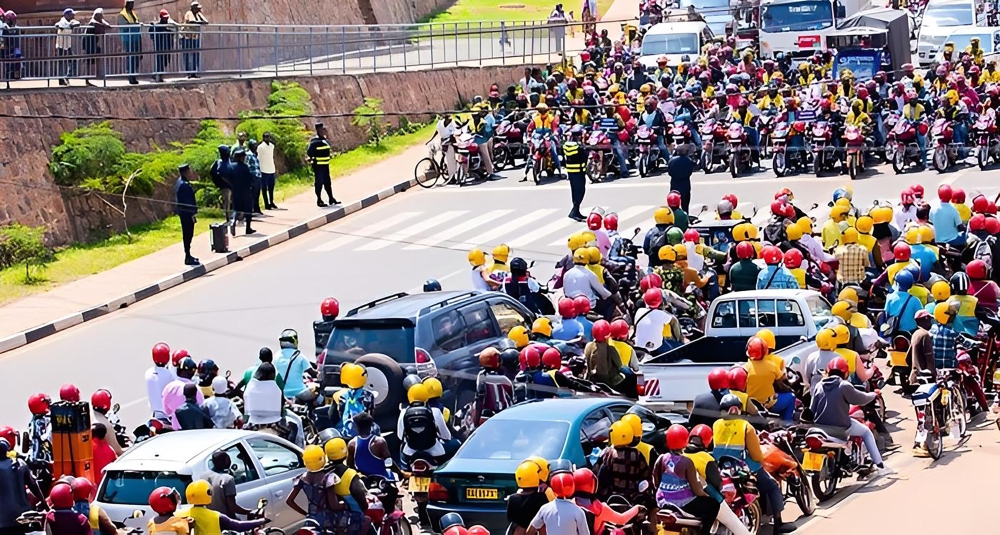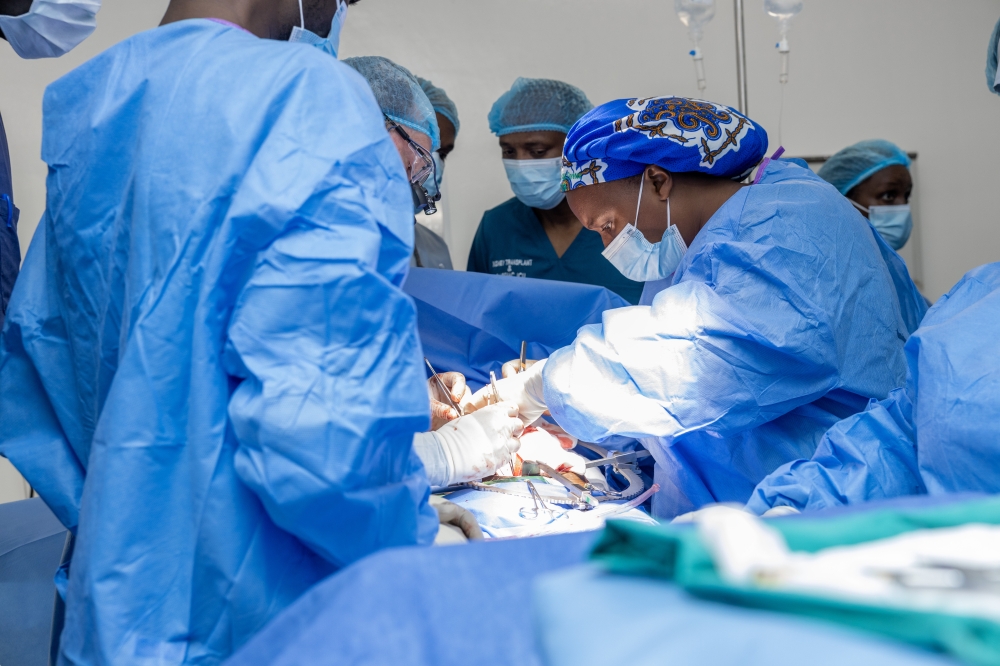Recognizing this reality, Rwanda’s leadership aims to make Rwanda a middle-income country by 2020.


Recognizing this reality, Rwanda’s leadership aims to make Rwanda a middle-income country by 2020.Vision 2020 boldly states what Rwanda can achieve by unleashing the economic potential of its citizens.The Economic Development and Poverty Reduction Strategy (EDPRS) has been articulated to make this vision a reality.If achieved, Rwanda would be transformed. The Greek word for transformation, metamorphosis, is used to describe the amazing change a caterpillar goes through in becoming a butterfly. This powerful metaphor illustrates the transformation Rwanda would undergo by way of Vision 2020. While the caterpillar’s metamorphosis is a natural effortless process, transforming Rwanda requires the best the nation can muster. Leadership, an entrepreneurial mindset and a culture of interdependence are the key ingredients to support this metamorphosis.LEADERSHIP Under the leadership of His Excellency President Paul Kagame, Rwanda has been transformed from a failed state (in 1994) to an emerging role model on the African continent. Rwandans must continue to cultivate the brand of leadership that President Kagame epitomizes. It is a leadership that is collaborative, informed by strong moral purpose and focused on execution.AN ENTREPRENEURIAL MINDSET Rwanda has embraced competitiveness as its economic model.Firms compete, not nations. Rwandan businesses must build sophisticated products tailored to the needs of demanding customers. Such businesses will need to evolve in strong clusters that build higher value products. Empirical evidence from the coffee, tourism and tea clusters suggest that this is possible. Rwanda must now migrate to more sophisticated products.INTERDEPENDENCE Rwanda must continuously increase the productivity of its citizens, becoming de facto, a knowledge economy. Building a knowledge economy is about individual empowerment. Rwandans must relentlessly ask themselves one critical question: "How can I participate in the transformation of my country?” Interdependence comes from the recognition that all citizens are part and parcel of, and, indeed, bear responsibility for the common good.There is good news in the Rwandan demographic. Forty five percent of Rwandans are less than fifteen years old.These youths are the engine that can transform Rwanda into a knowledge economy. Rwanda must capitalize on their hunger for knowledge.
The Academy for Leadership in Competitiveness and Prosperity (ALCP) is an example of a platform to feed this hunger for knowledge. Rwanda must also develop a culture of interdependence to unleash the potential of its youth.With leadership, an entrepreneurial mindset and a culture of interdependence as its key ingredients, Rwanda’s strategy for winning its struggle for prosperity is bound to succeed.This article is part of a series of articles from ‘The New Rwanda: Prosperity and the Public Good’ by Sondra Myers.




